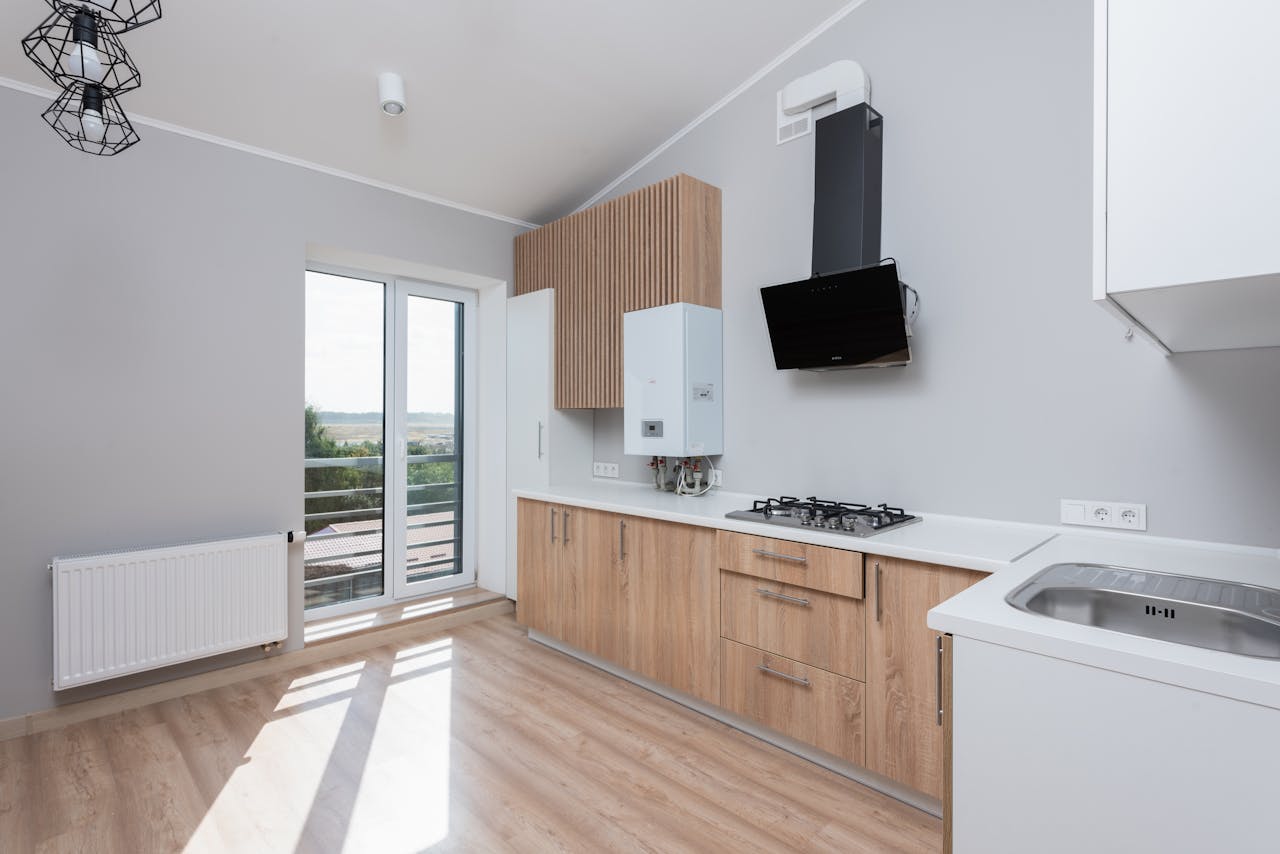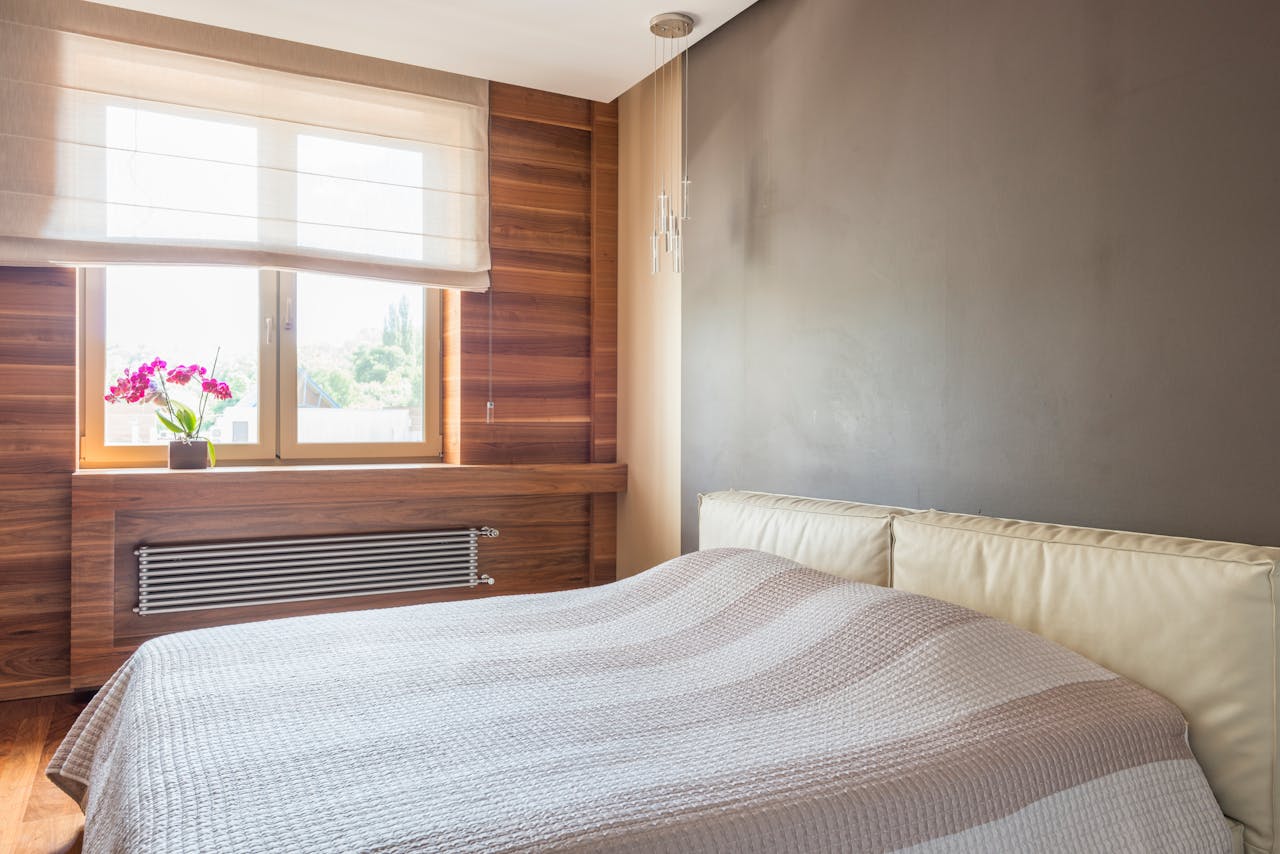Energy Efficiency Matters:
How HVAC Services Can Lower Your Utility Bills
In an age where energy costs are on the rise and environmental concerns are becoming increasingly pressing, homeowners and businesses alike are looking for ways to reduce their utility bills while promoting sustainability. One of the most effective methods to achieve these goals is through energy-efficient heating, ventilation, and air conditioning (HVAC) services. A well-maintained HVAC system not only keeps indoor environments comfortable but also minimizes energy consumption, leading to significant savings on utility bills. This article explores how HVAC services contribute to energy efficiency and, consequently, lower energy costs.

Understanding HVAC Efficiency
The efficiency of an HVAC system is determined by how well it converts energy into heating or cooling. The higher the efficiency rating, the more effectively the system operates, resulting in lower energy consumption. HVAC systems typically have a Seasonal Energy Efficiency Ratio (SEER) for cooling and an Annual Fuel Utilization Efficiency (AFUE) rating for heating. Systems with higher ratings consume less energy for the same output, translating to lower utility bills. Regular maintenance and timely upgrades can enhance these efficiency ratings, allowing homeowners to reap the benefits of reduced energy costs.
Regular tune-ups and inspections are crucial for maintaining the efficiency of HVAC systems. During a professional service visit, technicians can clean components, replace filters, and identify potential issues before they escalate into costly repairs. This proactive approach ensures that the system operates at peak performance, reducing energy waste and extending the lifespan of the equipment. Furthermore, many HVAC companies offer energy audits to help identify areas where energy efficiency can be improved, providing homeowners with tailored recommendations for enhancements.
The Importance of Proper Insulation
While HVAC systems play a crucial role in energy efficiency, the importance of proper insulation cannot be overlooked. Insulation helps maintain the desired indoor temperature by reducing the amount of heated or cooled air that escapes from the building. A well-insulated home or commercial space minimizes the workload on the HVAC system, allowing it to operate more efficiently. As a result, less energy is consumed, leading to lower utility bills.
Many HVAC service providers offer insulation assessments as part of their services. They can determine if your property has adequate insulation and recommend improvements where necessary. Common insulation upgrades include adding insulation to attics, walls, and crawl spaces, as well as sealing any air leaks around windows and doors. By addressing these issues, homeowners can significantly enhance their HVAC system's performance and lower their energy bills.
Choosing the Right HVAC System
When it comes to energy efficiency, selecting the right HVAC system is paramount. Older units are often less efficient than newer models, leading to higher energy costs. When upgrading, homeowners should look for systems with high SEER and AFUE ratings to ensure they are investing in energy-efficient technology. Additionally, newer systems often incorporate advanced features, such as variable-speed motors and smart thermostats, that further enhance energy savings.
HVAC professionals can guide homeowners through the selection process, helping them find a system that meets their specific needs while maximizing energy efficiency. For instance, some models are designed for better airflow, which can significantly reduce energy consumption. Furthermore, local HVAC services in Rockwall, Texas, offer tailored solutions that consider regional climate conditions, ensuring that the chosen system operates optimally in the local environment. By making informed choices, homeowners can enjoy significant savings while contributing to a more sustainable future.
The Role of Smart Technology
The integration of smart technology into HVAC systems represents a significant advancement in energy efficiency. Smart thermostats and home automation systems allow users to monitor and control their HVAC systems remotely, optimizing performance based on real-time data and personal preferences. These devices can learn users’ habits and adjust settings accordingly, ensuring that energy is not wasted when spaces are unoccupied.
Investing in smart technology can lead to substantial energy savings over time. For example, smart thermostats can reduce heating and cooling when residents are away or asleep, minimizing unnecessary energy use. Many HVAC service providers now offer installation of these smart devices, making it easier for homeowners to embrace this technology and enhance their energy efficiency.
Regular Maintenance: Key to Longevity and Efficiency
One of the most effective ways to ensure your HVAC system remains energy-efficient is through regular maintenance. This includes scheduling annual inspections and tune-ups with qualified professionals who can identify potential issues before they turn into costly repairs. During these maintenance visits, technicians can clean coils, check refrigerant levels, and assess the overall health of the system.
In addition to reducing the risk of breakdowns, regular maintenance helps the HVAC system operate more efficiently. A well-maintained system consumes less energy, which directly impacts utility bills. Homeowners should also remember the importance of changing filters regularly, as clogged filters restrict airflow and force the system to work harder, leading to increased energy consumption.

Energy efficiency is not just a trend; it is a necessity for homeowners and businesses looking to reduce utility costs and promote environmental sustainability. HVAC services play a vital role in achieving these goals through regular maintenance, insulation assessments, proper system selection, and the integration of smart technology. By investing in these services, property owners can enjoy comfortable indoor environments while significantly lowering their energy bills. Prioritizing energy efficiency matters, and taking proactive steps today can lead to lasting benefits tomorrow.